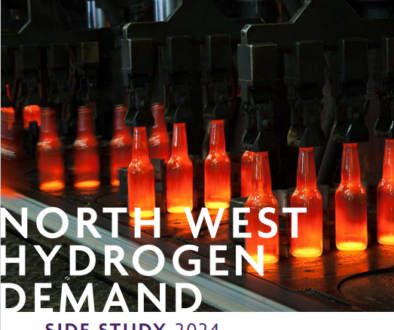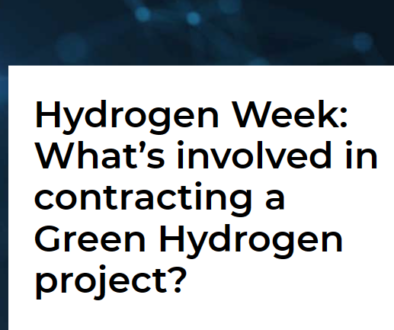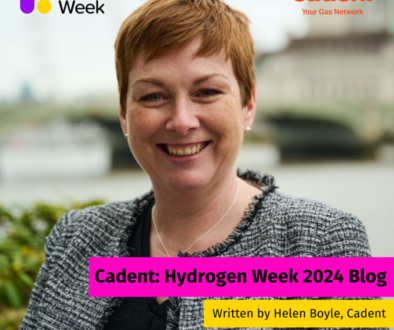Cadent Hydrogen Week Blog: Helen Boyle, Head of Regional Development North West & West Midlands
The North West is on track to deliver a hydrogen for heat revolution, this is an exciting time in the energy sector as the Government has just launched a brand new Department for Energy Security and Net Zero, dedicated to help meet the UK’s long-term energy supply needs, finding ways to lower the cost of bills and making vital progress towards net zero. By 2050 we need to convert millions of homes – circa 22 million in the UK – using natural gas for heat and hot water to low carbon alternatives. This is an unthinkable number of homes and there is no doubt that the challenge is enormous and cannot be met with a sole technology. We need widespread engagement and involvement of energy users – people need informed choice on available options for when natural gas is switched off, and at the same time ensuring energy resilience and affordability.
Here in the North West, we already have a hydrogen pipeline in development and with local large-scale hydrogen production, with storage located nearby and a gas distribution network that is ready to be re-purposed. It’s clear that the North West is an ideal location for low carbon heat to be at the beating heart of greener, cleaner industry and heat. Ground-breaking projects like our Hydrogen Village project proposed to take place in Whitby, Ellesmere Port will pave the way for customers to continue heating their homes in a familiar way – where around 78% of people currently use gas as their choice for heat – without the environmental harm and with greater security of energy supply. Pioneering projects like HyDeploy have demonstrated that blended hydrogen can be used safely, without any alterations to appliances and means customers do not require any disruption or financing changes to their homes.
In real terms, a fully installed hydrogen boiler currently costs about the same as a natural gas equivalent does today, around £3,000. The cost of a fully installed heat pump depends on the building’s individual characteristics but based on current installation costs are on average in the region of £13,000. In the current climate with the cost-of-living crisis as a backdrop it’s important that we reflect that no costs are easy for consumers to meet. Especially when considering that during 2020/21 in the UK around 42% of families had either no savings or investments, or less than £1,500. And even with the Government’s boiler upgrade voucher scheme being widely available uptake in the last 6 months of 2022 was only for around 7,000 heat pumps, which when you consider the number of homes that require conversion is a mammoth undertaking.
We also know the transport industry needs rapid decarbonisation and low carbon hydrogen usage can make that a reality. In the future, our gas networks could be repurposed to supply fuel cell grade hydrogen to large vehicles like HGVs, buses, trains, and passenger vehicles. Our future low carbon energy system will need more than one technology and plenty of innovation, including electrification and renewable sources. However, it is an inescapable fact that two-thirds of energy used in the UK is currently met by using gas that emits environmentally harmful carbon dioxide and toxic carbon monoxide. We will need further investment in all renewables, which over time will provide a greater level of energy security. We firmly believe the North West is a critical leader in delivering a prosperous hydrogen economy and Cadent is urging the UK government to support pioneering plans that will forge the greener future our communities deserve.


